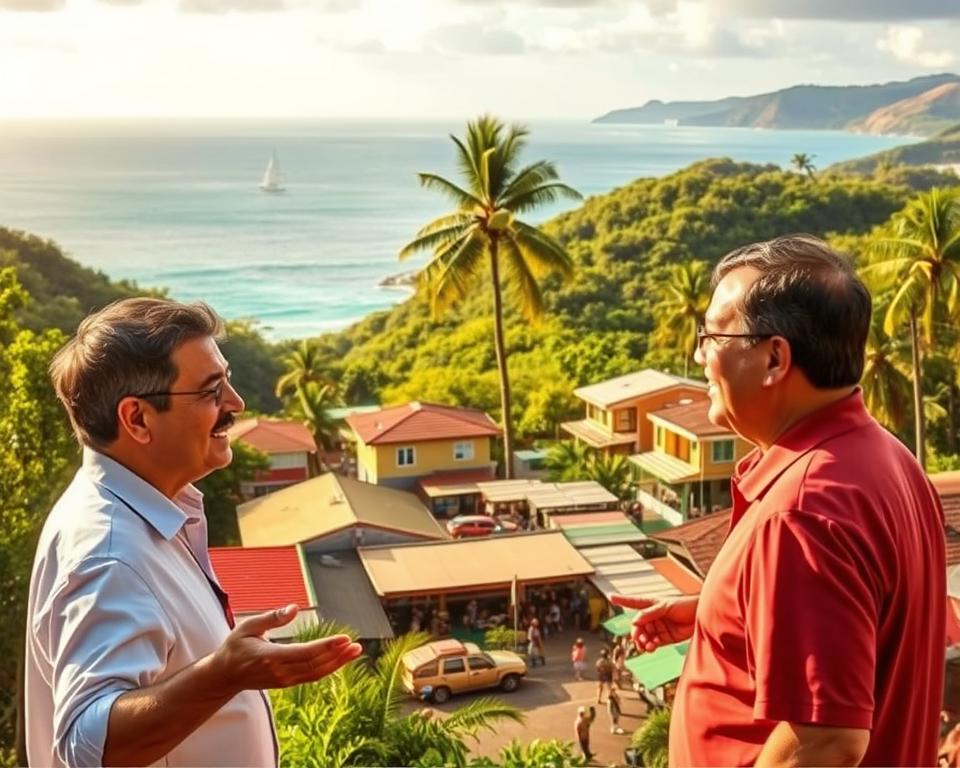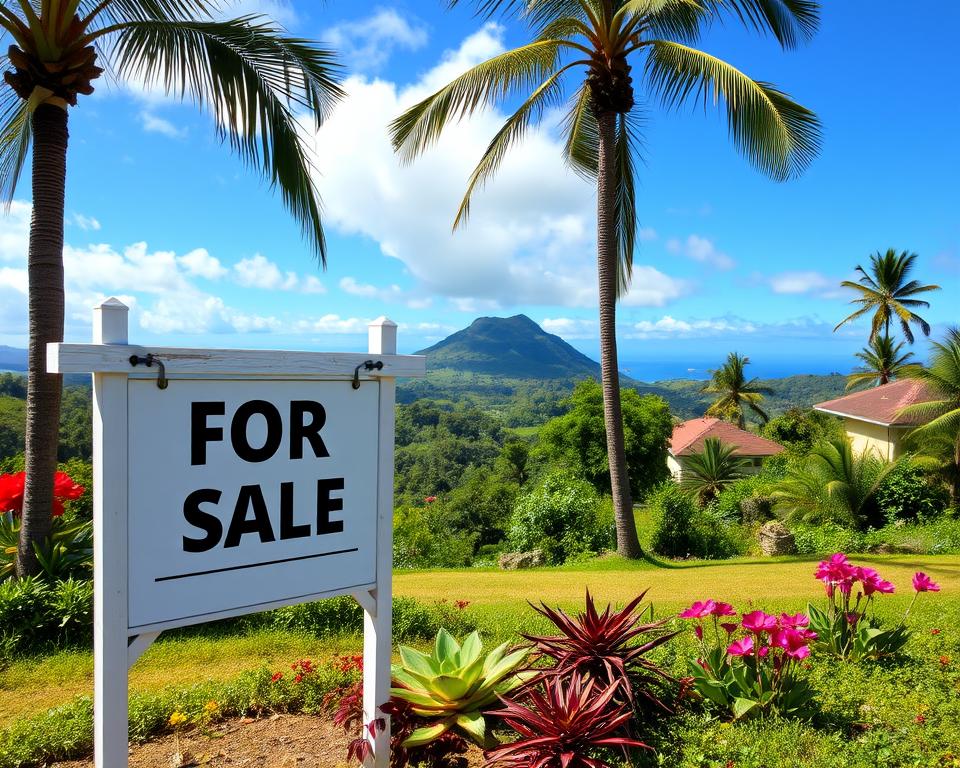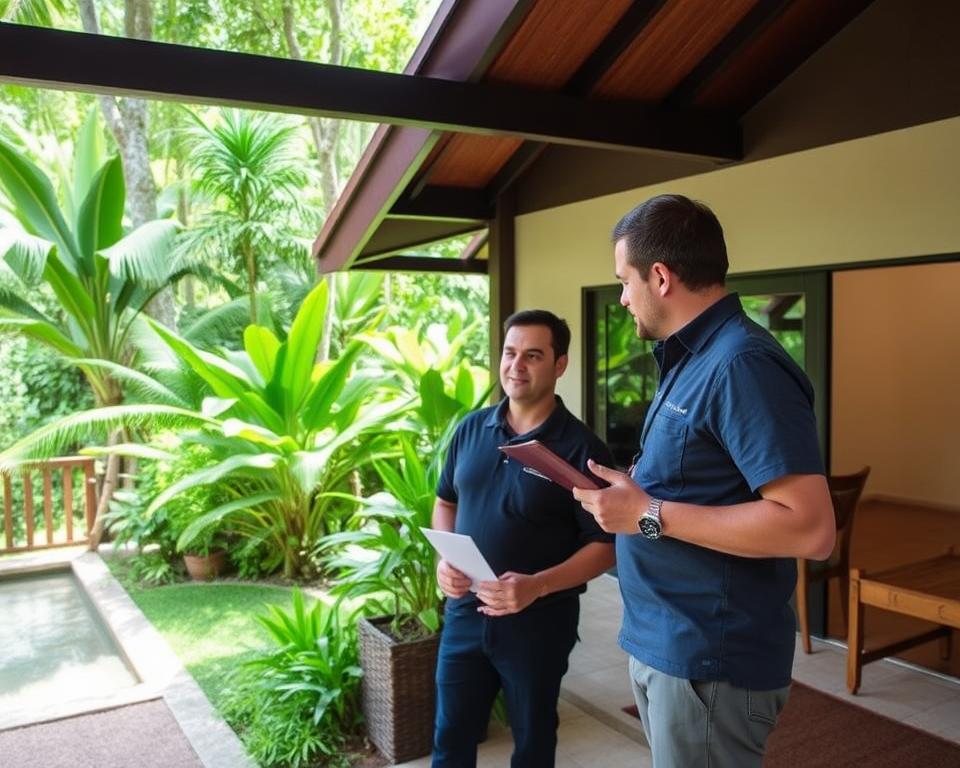Real Estate Resources in Costa Rica: Coast to Coast Expertise
Costa Rica’s diverse landscapes and stable economy make it an attractive destination for foreign investors and homebuyers alike. With over two decades of experience, we at Gap Real Estate simplify the process of buying, selling, or investing
Unlike many Latin American countries, Costa Rica allows foreigners to buy property with the same rights as locals, making it an appealing choice. The country’s National Property Registry ensures transparency in due diligence for all properties, providing peace of mind for investors.
From tropical beaches to mountain highlands, Costa Rica offers a range of lifestyles and investment opportunities. We provide comprehensive information on property buying processes, financing options, and tax considerations to support your real estate journey in this diverse country.
Navigating Costa Rica’s Real Estate Market
The Costa Rican real estate market is known for its accessibility to international buyers, making it an attractive destination for foreign investors. Costa Rica stands out among Latin American countries by allowing foreigners to purchase property with the same rights as locals.
Understanding Property Ownership Rights for Foreigners
Costa Rica allows foreigners to buy property like locals, unlike most Latin American countries. This applies to most property sold, but there are important exceptions, particularly in the Maritime Zone. Foreign buyers should be aware that while they can own property outright, some coastal areas are subject to specific regulations.
The Maritime Zone: What You Need to Know
The Maritime Zone covers the first 200 meters off the Pacific and Atlantic coasts. In this zone, only 10-15% of landowners have full title ownership, while the remainder operates under government concessions. For more information on property management within Costa Rica, you can visit Gap Real Estate’s page on property management.
Real Estate Resources in Costa Rica: Your Essential Guide
When it comes to buying property in Costa Rica, having the right resources at your disposal is crucial. Costa Rica offers a diverse range of real estate opportunities, from beachfront properties to mountain retreats.

Legal Resources and Documentation
Proper property registration and transfer deeds are crucial when buying Costa Rican real estate. The National Registry holds public records of all Costa Rican property.
- The National Registry provides transparent records of property boundaries, liens, mortgages, and ownership history.
- Legal resources for property buyers include specialized real estate attorneys who can conduct thorough due diligence.
- Understanding the property transfer process is essential—it requires appearing before a Notary Public.
Financial Resources for Property Buyers
Financial resources for international buyers include specialized banking services and currency exchange platforms like RegencyFX and Wise.
- Escrow services facilitate secure international transactions, protecting both buyers and sellers.
- While foreigners can purchase property in their own name, many opt for Costa Rican corporations to limit personal liability.
By leveraging these legal and financial resources, buyers can navigate Costa Rica’s real estate market with confidence.
Regional Guide to Costa Rican Properties
Costa Rica’s property landscape is characterized by diverse regions, each offering unique lifestyle opportunities and investment potential for foreign buyers. Understanding these regional differences is crucial when selecting property in Costa Rica.
The Green Coast: Central and Southern Pacific
The “Green Coast” along the Central and Southern Pacific features lush, year-round greenery. Popular destinations like Jaco, Manuel Antonio, and Dominical offer diverse property options, from beachfront condos to jungle retreats, making it an attractive area for those seeking a vibrant lifestyle.
The Gold Coast: Northern Pacific and Guanacaste
The “Gold Coast” in Northern Pacific and Guanacaste presents a drier climate, similar to Southern California. Areas like Tamarindo, Playa del Coco, and Nosara are attracting significant foreign investment, offering a range of properties that cater to different tastes and preferences.
Central Valley and Mountain Highlands
The Central Valley and Mountain Highlands provide a temperate “eternal spring” climate, with temperatures ranging from mid-60s to mid-80s. Areas like Escazu, Atenas, and Heredia are popular among expats seeking comfortable year-round living, with the added benefits of proximity to healthcare, shopping, and urban amenities.
The Property Buying Process in Costa Rica
Costa Rica’s real estate market presents various opportunities for buyers, but it’s essential to understand the process. We will guide you through the key steps involved in purchasing a property in Costa Rica.
Finding Your Ideal Property
To find your ideal property in Costa Rica, it’s crucial to work with experienced real estate agents who have extensive local knowledge and networks. This is because property listings are often fragmented across different agencies and platforms, making a comprehensive search challenging without professional help.

Due Diligence and Legal Checks
Once you’ve identified a property, the due diligence process is critical. This typically involves a 10-15 day period during which an attorney investigates the property’s legal status to ensure there are no liens, encumbrances, or boundary disputes. This step is vital to ensure a smooth transaction.
Closing the Deal: What to Expect
After completing due diligence, closing the deal involves signing a transfer deed before a Notary Public. Funds are held in escrow until all documentation is properly registered with the National Registry, ensuring a secure transaction. The purchase agreement will outline essential elements such as the deposit, closing date, and responsibility for closing costs.
Understanding Escrow Services and Fund Transfers
Escrow services play a vital role in securing transactions for international buyers in Costa Rica’s real estate market. By acting as a third-party holder of funds, escrow services protect both the buyer and the seller until the transaction is complete.

Secure Escrow Options for International Buyers
International buyers should look for reputable escrow services that offer robust security measures. Companies like Secure Title provide $5 million in error and omissions insurance, safeguarding transactions. When using an escrow service, buyers are required to provide documentation, such as tax returns and bank statements, to comply with anti-money laundering regulations.
International Money Transfer Solutions
For transferring funds to Costa Rica, services like RegencyFX and Wise are recommended due to their competitive exchange rates and lower fees compared to traditional banks. These services streamline the process of funding escrow accounts, making it easier for international buyers to complete their property purchases.
Financing Your Costa Rican Property

The landscape of financing options for Costa Rica real estate is evolving, offering more choices for buyers. Historically, securing financing for a property in Costa Rica was challenging for non-residents.
Traditional Financing for Non-Residents
As of 2023, some private banks in Costa Rica are now offering financing to foreigners looking to buy vacation homes abroad. Prominent banks like Banco Lafise, Bac San Jose, and BCT have entered the market, providing terms of up to 20 years with a 30 to 50% down payment and interest rates ranging from 8.5% to 10%.
Owner Financing and Alternative Options
Owner financing deals typically come with a short-term of 1-3 years, featuring an interest rate of 6-9% and a down payment of over 50%. The terms of owner financing are flexible and open to negotiation, allowing for customized payment schedules.
Property Ownership Structures and Tax Considerations
When investing in Costa Rican property, understanding the ownership structures and tax implications is crucial. Costa Rica provides a favorable environment for foreign investors, with various options for structuring property ownership.
Individual vs. Corporate Ownership
Costa Rica allows property ownership through individual names or corporate structures. Many foreign buyers prefer corporate ownership to limit personal liability and simplify future transfers. This structure can provide additional security and flexibility for investors.
Annual Property Taxes and Luxury Tax
The annual property tax rate in Costa Rica is 0.25% of the registered property value, making it an attractive destination for property investors. For instance, a $100,000 property would incur $250 in annual property taxes. Properties valued over $230,000 may be subject to a luxury tax ranging from 0.25% to 5.5%. Most urban districts also charge for garbage collection and maintenance, which can be included in the property tax statement.
Capital Gains and Income Tax Implications
Since July 1, 2019, Costa Rica has implemented a capital gains tax on investment properties at 15% of the value appreciation. Primary residences are exempt, while properties bought before July 1, 2019, can opt for a 2.25% tax on the sales price. Income generated from rental properties is subject to Costa Rican income tax, but various deductions can reduce tax liability. For more information on affordable Costa Rica real estate, visit Gap Real Estate.
Property Management and Rental Opportunities

Effective property management is crucial for non-resident owners looking to maximize their rental income in Costa Rica. Many buyers do not live full-time in Costa Rica and need a property manager to handle their properties.
Finding Reliable Property Management
Property management services are essential for non-resident owners, offering comprehensive care including preventative maintenance, issue resolution, and administrative services like utility payments and tax filings. When selecting a property manager, it’s crucial to find one that is reliable and experienced.
Vacation Rental Potential and Management Fees
The vacation rental market in Costa Rica has expanded significantly, creating substantial income potential for property owners. Top-producing property managers typically charge a 35% commission on short-term vacation rentals and 20% on monthly rentals. Management fees can vary, with some managers charging a fixed monthly rate or offering free basic services if granted exclusive rental rights.
Effective property management includes marketing through multiple channels, including social media, international listing sites, and local networks, to maximize occupancy rates and rental income potential. By leveraging these services, property owners can enjoy a hassle-free rental experience while generating significant income.
Gap Real Estate: Your Trusted Partner in Costa Rica
Gap Real Estate stands out as a trusted name in Costa Rica’s property market, backed by decades of expertise. We simplify buying, selling, or investing in Costa Rica through expert guidance and clear communication.
20+ Years of Coast-to-Coast Expertise
Our extensive experience gives us unparalleled insight into Costa Rica’s diverse real estate markets, from the Pacific to the Caribbean. We bring this knowledge to every transaction, ensuring our clients navigate the market with confidence.
- Deep understanding of local communities and development patterns
- Expertise in handling complex transactions
- Access to a network of trusted local professionals
Comprehensive Services for Buyers and Sellers
We offer end-to-end support, covering every aspect of real estate transactions. From property search and due diligence to closing support and post-purchase property management, we prioritize your goals and deliver results-driven service.
- Personalized property search based on client needs
- Secure and efficient transaction processing
- Ongoing support for property management and maintenance
Conclusion: Making Informed Real Estate Decisions in Costa Rica
Navigating the complexities of Costa Rica’s real estate market requires the right guidance and knowledge. Costa Rica’s diverse regions offer a wide range of opportunities for foreign buyers, from beachfront properties to mountain retreats.
To make informed decisions, it’s essential to understand the unique aspects of Costa Rican property transactions, including regional differences, Maritime Zone restrictions, and tax implications. Working with experienced real estate agents like Gap Real Estate can simplify the process, ensuring clarity and confidence in your investment.
With over 20 years of experience serving buyers and sellers throughout Costa Rica, we provide comprehensive support for your real estate journey. Contact us today at +5064001-6413 or [email protected] to begin your Costa Rican real estate journey with confidence and the support of our experienced team.




